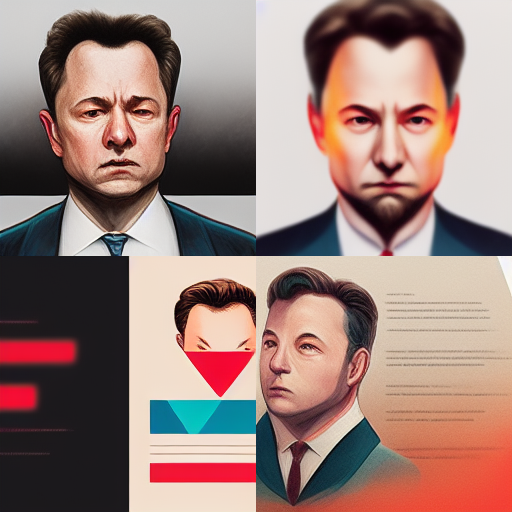The Rise of Generative AI and Copyright Concerns
The evolution of generative AI has brought forth numerous ethical and legal challenges, particularly from a fair usage ethics and copyright perspective. Major AI companies are navigating deals with publishers to sidestep legal issues while simultaneously entangled in copyright disputes across various jurisdictions.
Ethical Implications of Training AI on User Data
As the demand for training AI on user data continues to surge, there is a growing concern regarding another ethical dilemma on the horizon. Recent demonstrations by users on X and Reddit have shed light on Google's Gemini 2.0 AI model's capability to erase watermarks from copyright-protected images effectively.
Reviewing the before-and-after images, it is evident that Gemini excels in removing various types of watermarks, including intricate overlays with design elements and stylized text. The efficiency with which Gemini eliminates watermarks has garnered attention and raised ethical questions within the AI community.

The Role of AI in Copyright Infringement
The Gemini 2.0 Flash, introduced earlier this year with enhanced reasoning capabilities, prohibits watermark removal on its mobile and desktop versions. Attempting to remove watermarks through these versions triggers a message emphasizing the importance of respecting copyright laws and intellectual property rights.
Despite the restrictions, users have successfully utilized Google AI Studio to remove watermarks using the Gemini 2.0 Flash (Image Generation) Experimental model. However, such actions not only breach local copyright regulations but also constitute a significant ethical transgression.
The Quality of AI-Generated Content
The AI-generated images produced by Gemini exhibit remarkable quality, not only eradicating watermark artifacts but also employing intelligent pixel-level reconstruction techniques. Resembling the Magic Eraser feature in Google Photos, Gemini elevates the visual appeal of images by upscaling and refining them.
Moreover, Gemini's ability to enhance low-quality images while removing watermarks underscores its advanced image processing capabilities.
Enhancing Copyright Protection in AI-Generated Content
In response to concerns surrounding AI-generated content, Google and other tech giants pledged to implement watermarking systems to identify AI-modified material. Google's SynthID digital watermarking system ensures authenticity and origin verification of images altered using AI tools.

Addressing AI and Ethical Concerns
AI models like Anthropic's Claude and OpenAI's ChatGPT uphold copyright laws by denying requests to remove watermarks, emphasizing fair usage policies. In contrast, Gemini stands out for its watermark removal capabilities without providing disclaimers or warnings.
Future Implications of AI Advancements
The widespread adoption of generative AI tools raises concerns about the displacement of human creators and ethical implications in content creation. Instances such as Marvel's use of AI for creating TV show sequences and Microsoft's Muse AI for game design highlight the evolving landscape of AI creativity.










